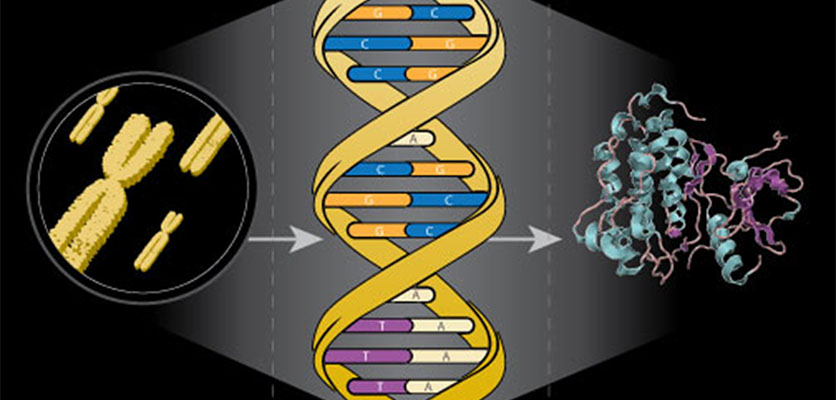Proteomics Core Facility

The mission of the Proteomics Core Facility is to provide cost-effective, state-of the-art instrumentation and analytical proteomics expertise to investigators. The Proteomics Core provides a full array of services, including study design, sample preparation, data generation and analysis and interpretation of results. The Proteomics Core supports investigators engaged in basic, preclinical and clinical cancer research, including scientists examining basic mechanisms in of disease, as well as those seeking to identify novel targets for therapy or biomarkers that can be used for early detection, diagnosis, prognosis or response to therapy. The core also provides specialized services, including top-down proteomics and epiproteomics, a reflection of its distinct strengths and pioneering work in technology development.
Contact Us
Locations
- Olson Pavilion, 8-305
710 N. Fairbanks Court
Chicago, IL 60611 - Silverman Hall, B550
2170 Campus Drive
Evanston, IL 60308
Phone
- Lab Phone: 312-503-4484
General Email
Website
Services & Equipment
Key Services
- Protein identification by in-gel and in-solution digestion methods.
- Immuno-Purification (IP) and Bio-ID analysis e.g., using streptavidin enrichment.
- Quantitative proteomics by label and label-free approaches.
- Post-translational modification (PTM) analysis including phosphorylation, acetylation, and methylation.
- Targeted proteomics by SRM/MRM/PRM approaches.
- Epiproteomic Histone Modification Panel analysis covering major histone marks.
- Advanced sample preparation from body fluids (blood, urine, saliva, CSF) as well tissue, secretome, exosome and mitochondria.
- Top-down proteomics for both qualitative and quantitative analysis.
Equipment
- Thermo Scientific TSQ Altis triple quadrupole mass spectrometer (×2).
- Thermo Scientific Orbitrap Exploris 240 mass spectrometer.
- Thermo Scientific Orbitrap Exploris 480 mass spectrometer.
- Thermo Scientific Orbitrap Ascend Tribrid mass spectrometer.
- Thermo Scientific hybrid quadrupole-orbitrap Q-Exactive HF mass spectrometer.
- Thermo Scientific Vanquish Neo nano liquid chromatography system (×3).
- Thermo Scientific UltiMate 3000 RSLC nano liquid chromatography systems (×4).
Highlighted Projects
Investigating mitochondrial respiration and haematopoietic stem cell function. In collaboration with Dr. Chandel, the Proteomics Core helped show the mitochondrial respiratory chain is dispensable for adult or fetal HSC proliferation, but essential for fetal HSC differentiation and maintenance of adult HSC quiescence.
Epiproteomic profiling of diffuse intrinsic pontine glioma cells. In collaboration with Dr. Shilatifard, the Proteomics Core helped show Histone methyltransferase MMSET/NSD2 alters EZH2 binding and reprograms the myeloma epigenome through global and focal changes in H3K36 and H3K27 methylation.
Spherical nucleic acids for cancer therapeutics. In collaboration with Dr. Mirkin, the core contributed to this study by demonstrating that G-rich Spherical nucleic acids (SNAs) adsorb more types of proteins and more total protein from serum than do poly-T SNAs.
Acknowledgement
Work performed in the proteomics core should be acknowledged as shown below:
Proteomics services were performed by the Northwestern Proteomics Core Facility, generously supported by NCI CCSG P30 CA060553 awarded to the Robert H. Lurie Comprehensive Cancer Center, instrumentation award (S10OD025194) from NIH Office of Director, and the National Resource for Translational and Developmental Proteomics supported by P41 GM108569.
Core Navigator
 For guidance on which cores may be most useful for your research and to coordinate use, please use the AI-powered Core Navigator chatbot, use the information request form or contact Sara Fernandez Dunne at s-fernandez@northwestern.edu or 847.491.5960.
For guidance on which cores may be most useful for your research and to coordinate use, please use the AI-powered Core Navigator chatbot, use the information request form or contact Sara Fernandez Dunne at s-fernandez@northwestern.edu or 847.491.5960.

